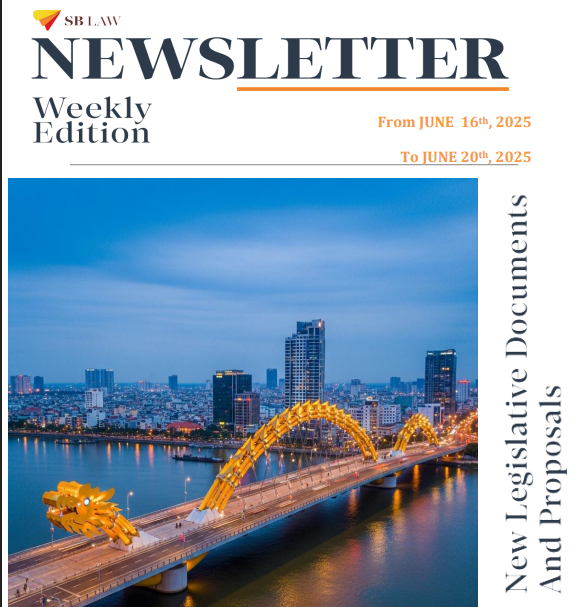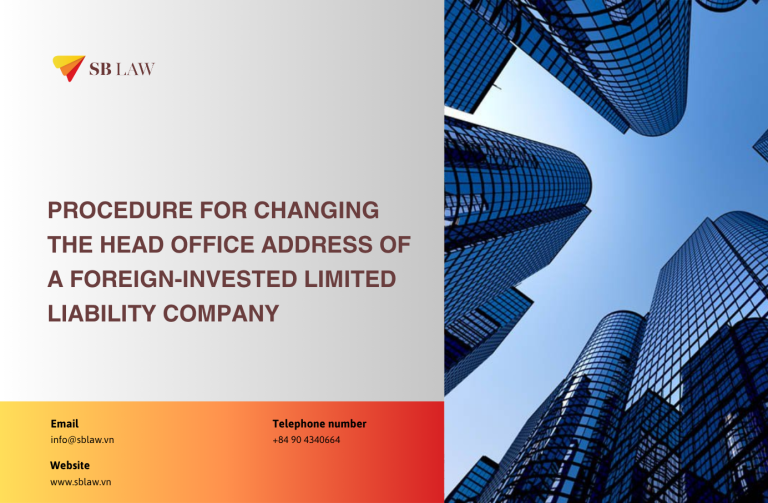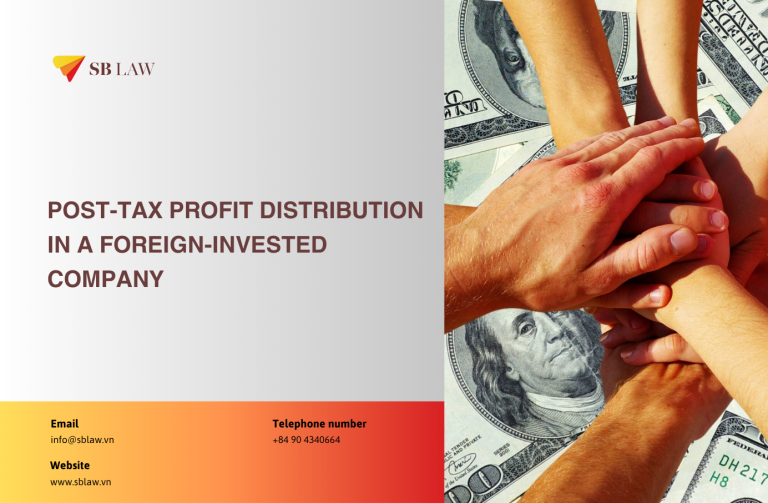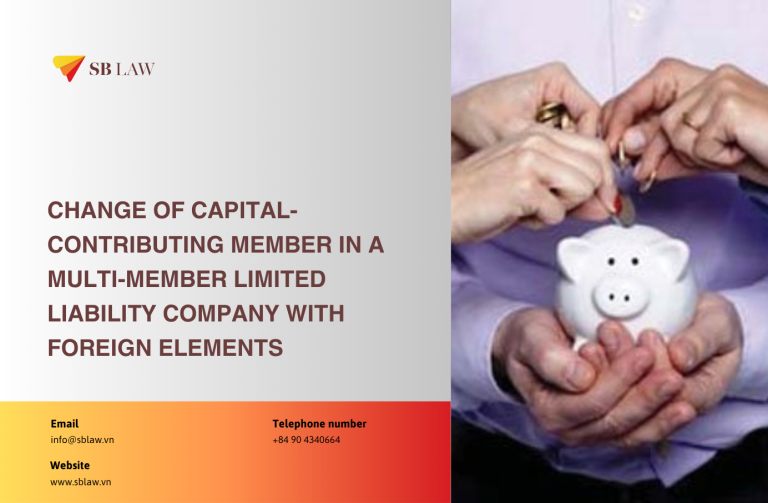The foreign investors expect clarification of the legal framework, the risk level in the collaborative process, and information about the feasibility of projects to make a decision.
The former Japanese Embassy in Vietnam, Mr. Norio Hattori emphasized this when considering the list of upcoming PPP projects in Vietnam to be great concern of many Japanese investors; therefore, it is necessary to have qualified projects to facilitate investors.
Investors said that Vietnam Government shall develop sample contracts so that enterprises could use them for reference. In addition, Vietnam should hire international consulting firms to evaluate the feasibility of the projects, which will probably raise the attraction of investment projects.
With regard to this issue, Mr. Dang Xuan Quang, Deputy Director of Foreign Investment Department, said, completing a legal framework and launching the pilot projects at the same time, Vietnam really needs the attention of the international investors, including Japanese investors. Vietnam will fully implement the policies to attract and facilitate investors to participate in PPP projects in infrastructure, right from the stage of information provision and promulgation.
He also said, "The selection principles of investors for PPP projects will be based on the international competitive bidding to create a fair, open, and transparent environment for investors."
In relation to the difficulties in the legal framework for business activities in Vietnam, according to the 2012 White book published by EuroCham, although WTO commitments take effect from January 1st, 2009, up to now, no foreign-owned companies which have been granted import license could use it without any special conditions.
In addition, European companies are also concerned about intellectual property right protection in Vietnam. Many businesses are afraid of the technology transfer due to the fear of copyright violations.
EuroCham Chairman, Alain Cany said that high rate of inflation accompanied by difficulties in access to credit, lack of uniformity in infrastructure and the burdens of administrative procedures... are the barriers that oblige the European entrepreneurs to be careful when studying business market in Vietnam.
According to the Alain Cany, since last year, the confidence of EU investors in Vietnam has decreased from 78% to 52%, which shows that Vietnam began to suffer from the negative impacts of the global economy.
President EuroCham said that if Vietnam did not quickly renovate and improve the business environment, big companies like P & G would expand their business to neighboring countries such as Indonesia and Thailand... At that time, Vietnam Nam will lag behind in comparison with other countries in the region.
President EuroCham assessed, the legal barriers prevent entrepreneurs and big foreign-funded companies from investing in Vietnam market. For example, in retail distribution, many foreign retailers such as Tesco and Carrefour... intended to explore Vietnam market and identify our potential retail business. However, after investigating the process of investment licensing and legal framework, they decided to move to Thailand and Malaysia market... instead of Vietnam at that time.
To cope with these shortcomings, EuroCham chairman recommend that to attract more high-quality foreign investment, Vietnam Government should take more efforts in 2012 to eliminate all unnecessary regulations in the market access which affects free trade.
To call for the EU's FDI source, Vietnam should maintain competitiveness, remain economic growth stable in the long run, better protection of investors’ rights, and intellectual property right protection, reduce the administrative burden, upgrade infrastructure, ensure energy sources, and improve the quality of Vietnamese labor...
According to Ms. Virginia Foote, the President of US-Vietnam Trade Council and President of Vietnam Investment Fund- Partners LLC, who has greatly contributed to the process of normalization of diplomatic relation and trade between the U.S. and Vietnam for more than two decades, as well as Vietnam’s negotiation to join the World Trade Organization, it is difficult to explain why some companies continue to stay, but a number of other companies decide to leave Vietnam.
Ms. Virginia Foote said, the government of Vietnam must discuss with the business community on how to improve the business environment in Vietnam, which has to be prioritize to speed up compared to pre-crisis period. Because of the crisis, mobilizing capital for an investment project will probably be of great challenge and higher risk. But what we have will be a more open and transparent business environment, which could invite foreign investors.
Some major U.S. investors have said that, after studying Vietnam market and business environment, they find it difficult to do business in Vietnam. The settlement of procedures is too slow, too hard, and too in-transparent.
Moreover, in commerce, in the last two years, Vietnam has developed trade restrictions to protect domestic enterprises, which causes problems to foreign companies, including the U.S’s. There have been many complaints from these companies.
This is the reason why so many companies are considering whether expanding or narrowing production and trade. Those who intend to invest in Vietnam also feel less certain.
However, a free trade agreement between the two countries, within the framework of TPP, could be an important impetus to attract the US’s investment in Vietnam. KTTĐ




